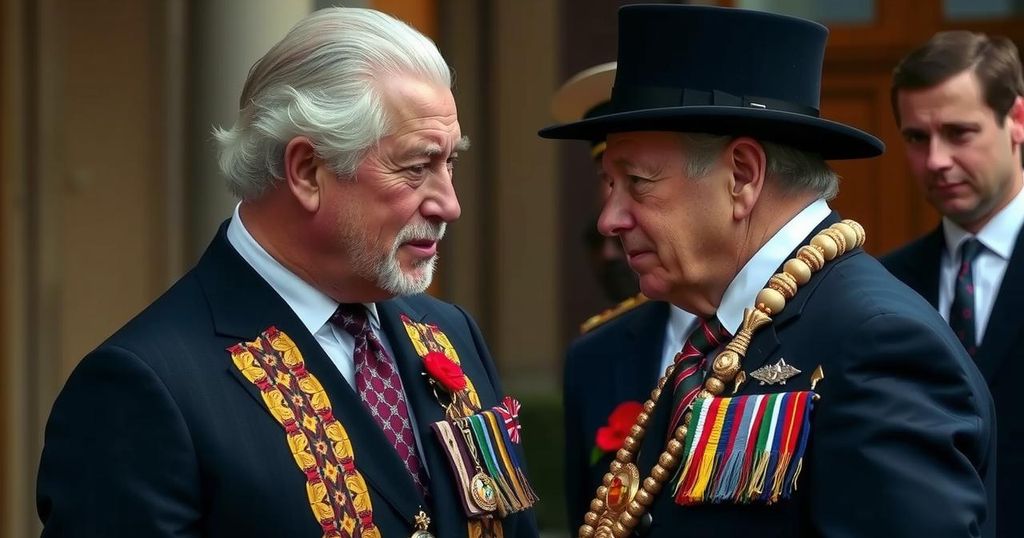Politics
ANTHONY ALBANESE, ASIA, AUSTRALIA, BIDEN, BRITAIN, CAMILLA, CANADA, CHARLES, CHARLES III, CHINA, CUBA, DOWNING STREET, GOD, IMMIGRATION, INDIA, LEADERSHIP, LID, LIDIA THORPE, MALDIVES, MELBOURNE, MEXICO, MU, MUIZZU, MYANMAR, NORTH AMERICA, OCEANIA, SAMOA, SOCIAL ISSUES, SYDNEY, THORPE, VICTORIA
Omar El-Sharif
King Charles III Confronted by Indigenous Lawmaker During Australia Visit
During King Charles III’s visit to Australia, Senator Lidia Thorpe heckled him after he addressed Parliament, demanding accountability for historical grievances against Indigenous Australians. This moment highlighted the ongoing issues of colonial impact and calls for reparative action in the context of Australia’s relationship with its Indigenous people, set against the backdrop of climate change advocacy from the King.
His Majesty King Charles III faced a notable protest during his recent visit to Australia from Senator Lidia Thorpe, the first Indigenous Australian senator from Victoria. After delivering a speech in Parliament, where the King emphasized the urgency of addressing climate change, he was confronted by the senator who highlighted historical grievances against the British monarchy. Thorpe’s passionate remarks included accusations of genocide and calls for the return of Indigenous land. This incident is emblematic of ongoing tensions regarding Australia’s colonial past and its impact on Indigenous communities.
The visit by King Charles III marks a significant moment, as it is the first by a reigning monarch to Australia in over a decade. This royal engagement occurs amid broader discussions about Australia’s relationship with its Indigenous peoples and ongoing debates about the country’s status as a Commonwealth realm, wherein the British monarch serves as head of state. Australia’s colonial history has led to complex socio-political dynamics, particularly concerning land rights and recognition of Indigenous sovereignty.
The incident involving King Charles III and Senator Lidia Thorpe underscores the complexities of Australia’s historical context regarding its Indigenous population. As the monarchy represents a colonial legacy, voices calling for justice and recognition reflect a broader societal need to address past injustices. The King’s advocacy for climate action, though significant, exists within a challenging dialogue about legacy, responsibility, and rights as expressed through Thorpe’s powerful interruption.
Original Source: www.aljazeera.com







Post Comment